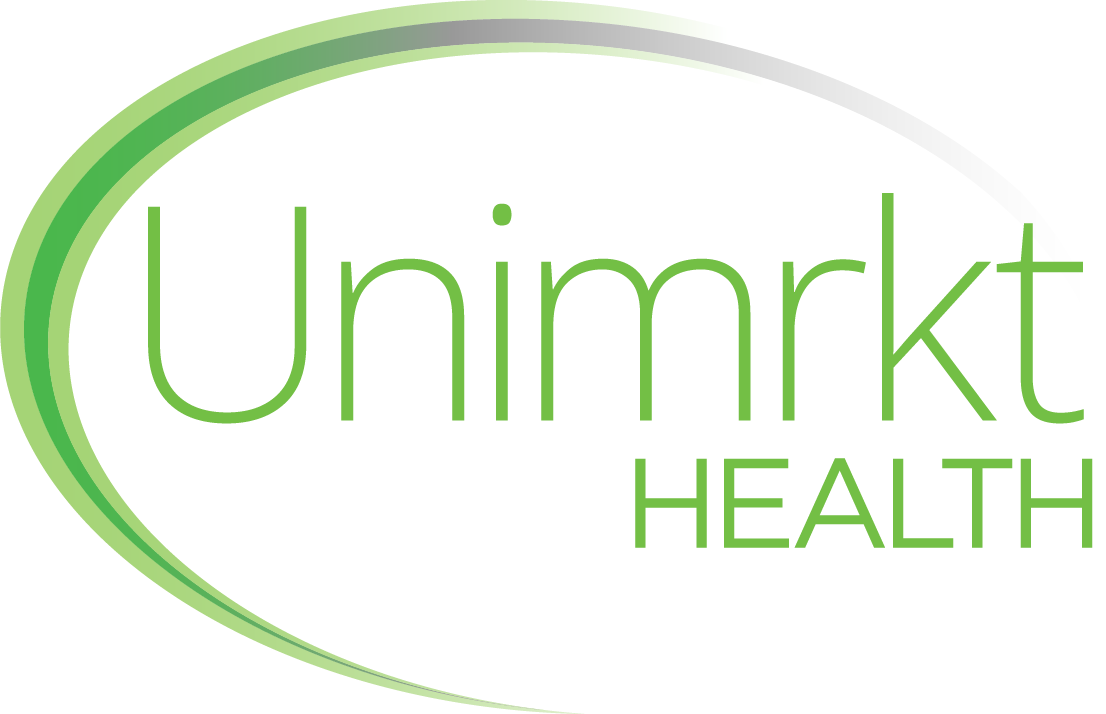Designing Research in Nursing and Health Sector: 6 Tips That Work
- Unimrkt Healthcare » Blog » Designing Research in Nursing and Health Sector: 6 Tips That Work
The healthcare and nursing sector is known for its ever-evolving and multifaceted landscape. Here, the importance of conducting thorough and effective market research cannot be overstated. This dynamic industry, shaped by advancements in medical technology, shifting healthcare policies, and evolving patient demographics, demands keen insights to be navigated successfully. Market research serves as the cornerstone for informed decision-making, enabling organizations to steer through the complexities of the healthcare landscape. Understanding the intricacies of the industry landscape and identifying key players are foundational steps in any research endeavor. Grasping the ecosystem is essential for crafting targeted strategies and identifying untapped opportunities. This is where effective research in nursing and health acts as a strategic tool, empowering stakeholders to anticipate market shifts, capitalize on emerging trends, and ultimately drive meaningful impact in the provision of healthcare services. In this blog, we will discuss how you can design effective market research programs to succeed in healthcare. Let’s get started.
The Nursing and Health Sector: Industry Overview and Key Players
Before we shift our focus to market research in nursing and health, it’s crucial to gain a holistic understanding of the sector’s multifaceted landscape. The healthcare ecosystem, a vast and interconnected web, encompasses a spectrum of entities, ranging from frontline healthcare providers to globally influential pharmaceutical companies. Understanding their challenges, trends, and evolving practices provides a critical context for any research initiative. Here are the various key players that comprise the healthcare industry:
- Healthcare Providers: These include hospitals, clinics, nursing homes, and individual healthcare professionals like doctors, nurses, and therapists who provide medical services and care to patients.
- Pharmaceutical Companies: These companies research, develop, manufacture, and distribute pharmaceutical products such as prescription drugs, over-the-counter medications, and vaccines.
- Medical Device Manufacturers: Companies in this sector design, produce, and distribute medical devices and equipment, ranging from simple instruments like syringes to complex machinery like MRI machines and surgical robots.
- Health Insurance Companies: Insurers provide coverage for medical expenses and help manage financial risks associated with healthcare by offering various health insurance plans and policies.
- Government Agencies and Regulatory Bodies: These entities include government departments (such as the Department of Health and Human Services in the United States), regulatory agencies (like the Food and Drug Administration), and public health organizations that oversee healthcare policies, regulations, and public health initiatives.
- Healthcare Technology Companies: These companies develop and provide healthcare-related technologies, including electronic health records (EHR) systems, telemedicine platforms, medical imaging software, and health monitoring devices.
- Academic and Research Institutions: Universities, research organizations, and academic medical centers play a crucial role in advancing medical knowledge through research, education, and training of healthcare professionals.
Why Is Healthcare Market Research So Important?
Health care research plays a crucial role in providing organizations with the necessary tools and insights to navigate the complex healthcare landscape effectively. Here are some of the key reasons why research in medical field is so important:
- Navigating Complex Terrain: Healthcare market research serves as a guiding compass, helping organizations navigate through the intricate landscape of the industry.
- Illuminating Market Trends: By conducting thorough research, organizations gain insights into current and emerging market trends, enabling them to stay ahead of the curve and adapt their strategies accordingly.
- Understanding Consumer Preferences: Market research provides valuable insights into the preferences, needs, and behaviors of healthcare consumers. This understanding allows organizations to tailor their products and services to meet consumer demands effectively.
- Analyzing Competitor Strategies: By studying competitor strategies and market dynamics, organizations can identify strengths, weaknesses, opportunities, and threats, enabling them to refine their strategies and gain a competitive edge.
- Empowering Clarity and Confidence: Armed with comprehensive market research data, stakeholders can make informed decisions with confidence, reducing uncertainty and mitigating risks associated with business decisions.
6 Tips For Designing Market Research in Nursing and Health Sector
If you want to improve the market research design for your next physician interviews program, here are some tips that can help:
Identify Research Objectives
Clearly articulate the purpose and objectives of the research. Are you aiming to understand patient satisfaction, assess the demand for a new healthcare service, or evaluate the effectiveness of a health program? Make sure that your goals are specific, measurable, achievable, relevant, and time-bound (SMART). This clarity will help in assessing the success of your research efforts and in setting realistic targets.
Select Sampling Techniques
Choose sampling techniques (such as random sampling, stratified sampling, or quota sampling) that accurately represent the diversity of your target population. This ensures that your findings are applicable to the broader population. Before selecting sampling methods, thoroughly understand the demographics of your target population. Consider factors like age, gender, geographic location, and socio-economic status.
Prioritize Internationalization
Recognize the importance of global perspectives in healthcare research. Consider cultural differences, healthcare systems, and regulatory environments across different countries or regions. Incorporate international perspectives to capture diverse insights and anticipate global market shifts. This broader outlook can help in identifying emerging trends and opportunities in the global healthcare landscape.
Craft Clear Questions
Formulate questions that are clear, concise, and easy to understand. Avoid jargon or technical language that may confuse respondents. Ensure that each question has a single, unambiguous interpretation to elicit accurate and meaningful responses. Ambiguous questions can lead to inconsistent or unreliable data.
Choose Between Multiple Choice And Open-ended Questions
Strike a balance between structured and exploratory inquiry by incorporating both multiple-choice and open-ended questions. Multiple-choice questions provide quantitative data for statistical analysis, while open-ended questions allow respondents to express their opinions and experiences in their own words, providing qualitative insights.
Test, Test, Test
Conduct pilot testing of your survey instruments with a small sample of respondents to identify any issues or ambiguities. This allows you to refine your questions and survey design before full-scale deployment. Assess the reliability and validity of your survey instruments through statistical analysis and psychometric testing. This ensures that your research findings are robust and credible.
Final Word
When it comes to the fast-evolving landscape of nursing and health, informed decision-making hinges on sound research practices. By practicing the tips that we discussed in today’s blog, organizations can drive impactful research programs in the pursuit of better healthcare for all. If you are looking to partner with premier healthcare research companies with a proven history of success, your search ends with Unimrkt Healthcare. Throughout the years, we have consistently applied scientifically validated methodologies for research in the nursing and health industry, ensuring the delivery of actionable data through meticulous targeting of respondents. To learn more about how we can help you with your market research endeavor, call +91-124-424-5210, +91-9870-377-557, or email sales@unimrkthealth.com. You may also fill out our contact form so that our team of experts can assist you as soon as possible.
Recent Posts
- 10 Medical Online Survey Mistakes You Must Leave Behind in 2025
- How Qualitative Healthcare Research Can Accelerate Ethical AI Adoption
- Trust as a Growth Strategy: What Healthcare Leaders Can Learn From Business Market Analysis
- Mapping the Healthcare Value Chain: A Market Research Perspective
- Decoding Emotional Triggers in Treatment Choices: A Qualitative Approach
Archives
Quick Enquiry
Customer Service, We Make it Better
Related Posts:
Let's Connect
Please, fill in the form to get in touch!



